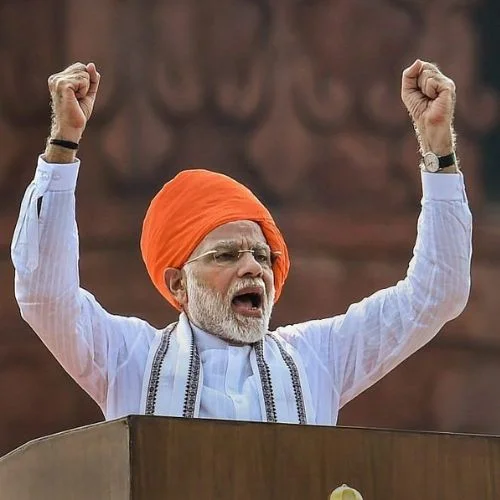India’s housing market will stay robust despite rising interest rates and a gloomy prognosis for the global economy, according to a Reuters survey of property specialists, who have scarcely revised their predictions from three months ago.
India has shown resilience and is rising from a ten-year slowdown as a result of robust demand, defying a worldwide pattern of declining house prices as mortgage rates increase and constrain affordability.
The Indian housing sector, a significant employer in a nation with 1.4 billion people, most of whom are low-skilled, is anticipated to continue to contribute steadily to economic activity in Asia’s third-largest economy.
According to poll medians from a survey of 13 real estate industry specialists conducted from February 16 to March 3, the average home price was predicted to increase by 5.5% this year and 5.0% next.
These forecasts for consumer price inflation for the fiscal years 2023–2024 and 2024–2025, respectively, were 5.1% and 4.5%, according to independent Reuters polls, and were substantially unchanged from a survey conducted in December.
Residential real estate has experienced robust demand, according to Divyesh Shah, associate director at CARE Ratings. “After the COVID-19 epidemic, the yearning to purchase a property is bigger than ever,” he added.
“Although increasing inflation and interest rates may have a short-term impact on demand to some extent, the sector is prepared for sustainable expansion over the next two to three years, and increasing house ownership is likely.”
In order to combat persistently rising prices, the Reserve Bank of India has increased interest rates by a total of 250 basis points since May of last year. In April, it is anticipated to increase rates by another 25 basis points, bringing them to 6.75%, before taking a break till the end of 2023.
A high preference for house ownership over rental housing was cited by all but one of the 13 analysts who predicted an increase in homeownership over the next few years.
“Renting has never been the preferred housing option in India. The pandemic’s uncertainty heightened the demand for security and home ownership, “said Abhinav Joshi, director of research at CBRE India.
The chronic lack of affordable housing in one of the most populous nations in the world, where millions live in utter poverty, is the main cause of worry.
The durability of the present housing market trend is also questioned in light of a recent rise in unemployment.
Eleven analysts responded to a second question, and all but one predicted that purchasing affordability would deteriorate over the next year. One person only predicted improvement.
“Affordability will continue to decline in the upcoming quarters despite growing costs. Buyers in the inexpensive and mid-segments will be harmed by this, but the financially solid purchasers will continue to acquire property, “ANAROCK Property Consultants’ chairman, Anuj Puri, said.
The poll’s geographical breakdown revealed that prices in Bangalore, Chennai, and Delhi, including the national capital region’s surroundings, will grow by 5% to 6% this year.
On the other hand, a slower 3.5% growth rate was anticipated for Mumbai’s housing prices.















